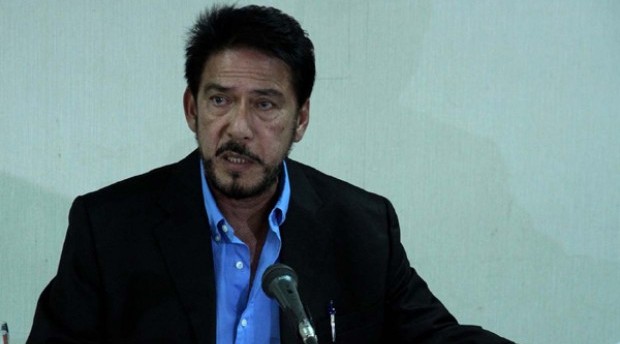SEN. VICENTE Sotto III wants state-run Philippine Health Insurance Corp. (PhilHealth) to pay for the rehabilitation of its members who are hooked on illegal drugs.
Sotto, a former head of the Dangerous Drugs Board, has filed Senate Bill No. 8 mandating PhilHealth to include treatment for drug addiction among its “personal services.”
“The problem of illegal drugs and drug abuse can’t be solved by law enforcement alone. Instead, it should be accompanied with preventive education, prosecution and rehabilitation,” Sotto said in a statement.
“Various laws have been passed to prevent and control this drug menace. What has been overlooked, however, and has not been properly addressed, is the rehabilitation of drug dependents,” he added.
The measure, he said, would be an answer to the spiraling number of drug users who had turned themselves in to authorities in the wake of a rash of killings that characterized President Duterte’s war on illegal drugs.
Last week, Malacañang said more than 60,000 people had yielded to the police for their involvement in the illegal drug trade.
The high cost of rehabilitation “discourages” families of drug users from sending their loved ones for professional treatment, Sotto said.
Citing the results of a survey conducted in 2009, the comedian-turned-senator said only 2,000 out of some 1.7 million drug users received medical assistance to treat their addiction.
He also reiterated that the government should make medical facilities and professional treatment available to rehabilitate drug dependents.
“[This bill] proposes that PhilHealth beneficiaries who are drug dependents and who submit themselves to treatment and rehabilitation to an accredited health care provider shall be charged with a reasonable and affordable cost,” he said.
Sotto said his proposal would amend Republic Act No. 7875, the law that created PhilHealth, and classify rehabilitation centers as “health care providers.”
“This bill also calls for the application for accreditation of rehabilitation centers in order that PhilHealth members will be accorded the proposed benefits,” Sotto said.
PhilHealth president Alex Padilla said the agency was considering including the treatment for drug addiction in its services. “But as of now, nothing’s definite yet,” he said in a phone interview.
“Based on recent rates, 60-70 percent of drug dependents return to their old ways even after rehabilitation. So we thought that maybe it was not the best solution. PhilHealth funds should be spent on something that would cure the patient,” Padilla said.
“Another consideration is the funds. If, for example, we have 1.7 million drug dependents, multiply it by P30,000 for each of them, so that’s about P50 billion. Where will we get that big amount? What we have now is the premium contributions, but it will not be enough if we also spend for drug dependents,” he added. With a report from Tina G. Santos
